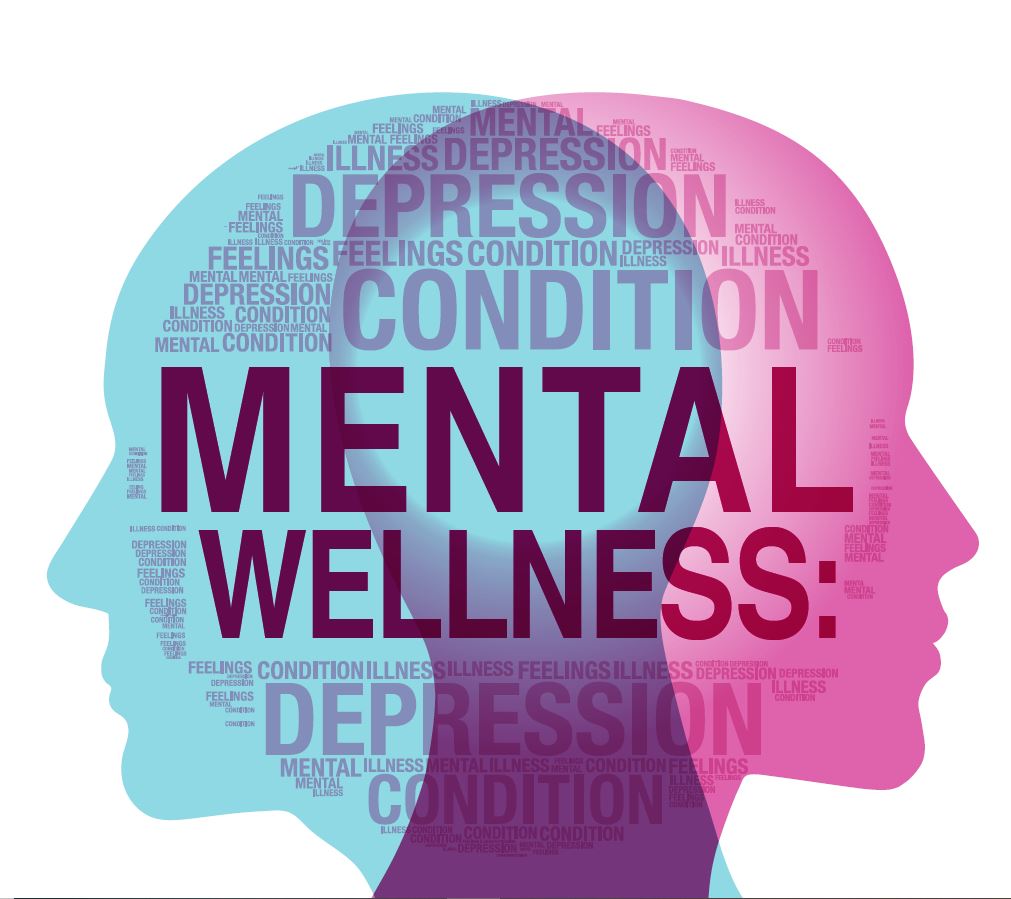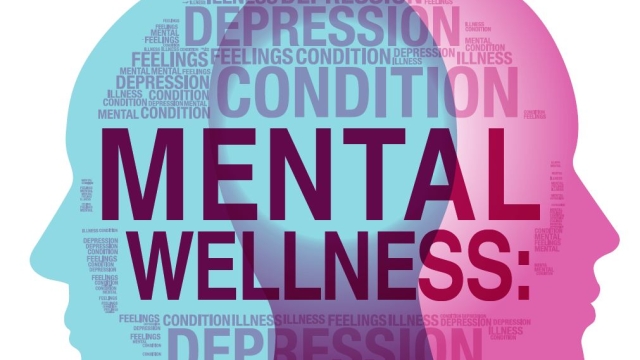Mental health is a topic that has long been shrouded in silence. Its complexities, often hidden behind closed doors, can leave individuals feeling isolated and misunderstood. But it doesn’t have to be this way. In this article, we aim to break that silence, to shed light on the maze of mental health, and to provide a guide specifically tailored to teens seeking therapy.
Navigating the ups and downs of adolescence can be overwhelming, and it’s vital to recognize that mental health concerns are not signs of weakness but rather a natural part of the human experience. Unfortunately, societal stigmas have often prevented young people from seeking the help and support they need. Our goal with this guide is to empower teens with the knowledge and understanding to reach out for assistance.
Through exploring various therapeutic approaches, sharing personal experiences, and debunking common misconceptions, we hope to demystify the world of mental health for teenagers. By doing so, we aim to help them find solace, resilience, and the support they deserve on their journey towards emotional well-being. So, let’s collectively unveil the maze of mental health and pave the way for a healthier, more compassionate future.
Understanding Teen Mental Health
Teenagers experience a unique set of challenges and pressures that can have a significant impact on their mental health. It is important for parents, educators, and healthcare professionals to have a comprehensive understanding of teen mental health to provide the necessary support and guidance.
Boise Teen Therapy
Firstly, it is crucial to recognize that adolescence is a period of rapid physical, emotional, and cognitive development. Teenagers are navigating through various transitions, including hormonal changes and the search for their identity. These factors can contribute to heightened emotions, mood swings, and behavioral changes in teens.
Moreover, societal influences such as academic expectations, peer pressure, and social media can also play a substantial role in teen mental health. The pressure to excel academically, fit in with peers, and meet societal standards can lead to stress, anxiety, and low self-esteem. It is vital to be aware of these external influences and their potential impact on teens’ mental well-being.
Additionally, mental health disorders can emerge or become more prominent during adolescence. Depression, anxiety, mood disorders, eating disorders, and substance abuse are just a few examples of conditions that can affect teenagers. Early intervention and appropriate support systems are crucial in addressing and managing these mental health challenges.

By understanding the unique factors that contribute to the mental health of teenagers, we can provide guidance, support, and access to appropriate resources. Recognizing the complexity and individuality of each teenager’s experience is essential in fostering a safe and supportive environment for their mental well-being.
Different Types of Therapy for Teens
When it comes to supporting the mental health of teenagers, there are various types of therapy available. These therapies are tailored to address the unique needs and challenges that teens may encounter during this critical stage of their lives.
Cognitive Behavioral Therapy (CBT): CBT is a widely used form of therapy that focuses on identifying and challenging negative thought patterns and behaviors. It helps teens develop healthier ways of thinking and problem-solving, empowering them to manage stress, anxiety, and depression effectively.
Family Therapy: Adolescence often brings about significant changes within the family dynamic. Family therapy aims to improve communication, resolve conflicts, and strengthen relationships between teens and their parents or siblings. By involving the entire family in the therapeutic process, it creates a supportive environment for growth and healing.
Art Therapy: For teens who may struggle to express themselves verbally, art therapy provides a valuable outlet for self-expression and exploration. Through various art mediums, such as painting, drawing, or sculpting, teens can process their emotions, enhance their self-awareness, and find new ways to cope with their mental health challenges.
Remember, the effectiveness of each therapy varies depending on the individual. It’s essential to work with a mental health professional to determine which type of therapy best suits a teen’s specific needs and goals.
Benefits and Considerations of Teen Mental Health Therapy
Teen mental health therapy can provide numerous benefits and considerations for young individuals dealing with mental health challenges. It offers a safe and supportive space for teenagers to openly express their thoughts and emotions, and collaborate with a trained professional in finding effective coping strategies. Additionally, therapy sessions can help foster self-awareness, enhance interpersonal skills, and improve overall mental well-being.
One of the main benefits of teen mental health therapy is the opportunity for emotional support and guidance. Adolescence can be a tumultuous time, as teenagers navigate various physical and psychological changes. Therapy provides a non-judgmental and confidential environment where teens can discuss their concerns and receive validation for their feelings. This support can be invaluable in helping teenagers develop resilience and a sense of self-worth.
In addition to emotional support, therapy also equips teens with practical tools and coping mechanisms. Through tailored interventions and evidence-based techniques, therapists assist teenagers in identifying and challenging negative thought patterns, managing stress, and enhancing their problem-solving skills. By developing these strategies, teens can gain a greater sense of control over their mental well-being, leading to improved overall functioning in various aspects of their lives.
It is important to consider that individual experiences with teen mental health therapy can vary. Each teenager possesses unique needs and goals, and therapy approaches must adapt accordingly. Additionally, it is crucial to ensure that therapy is voluntary and that the teenager feels comfortable and motivated to participate. Open communication between the therapist, teenager, and their family is vital in establishing a collaborative and effective therapeutic partnership.
In conclusion, teen mental health therapy offers numerous benefits and considerations for young individuals facing mental health challenges. It provides emotional support, practical tools, and a safe space for personal growth. By recognizing the potential benefits and ensuring a collaborative approach, therapy can be a powerful tool in helping teenagers navigate the complexities of their mental health journey.

